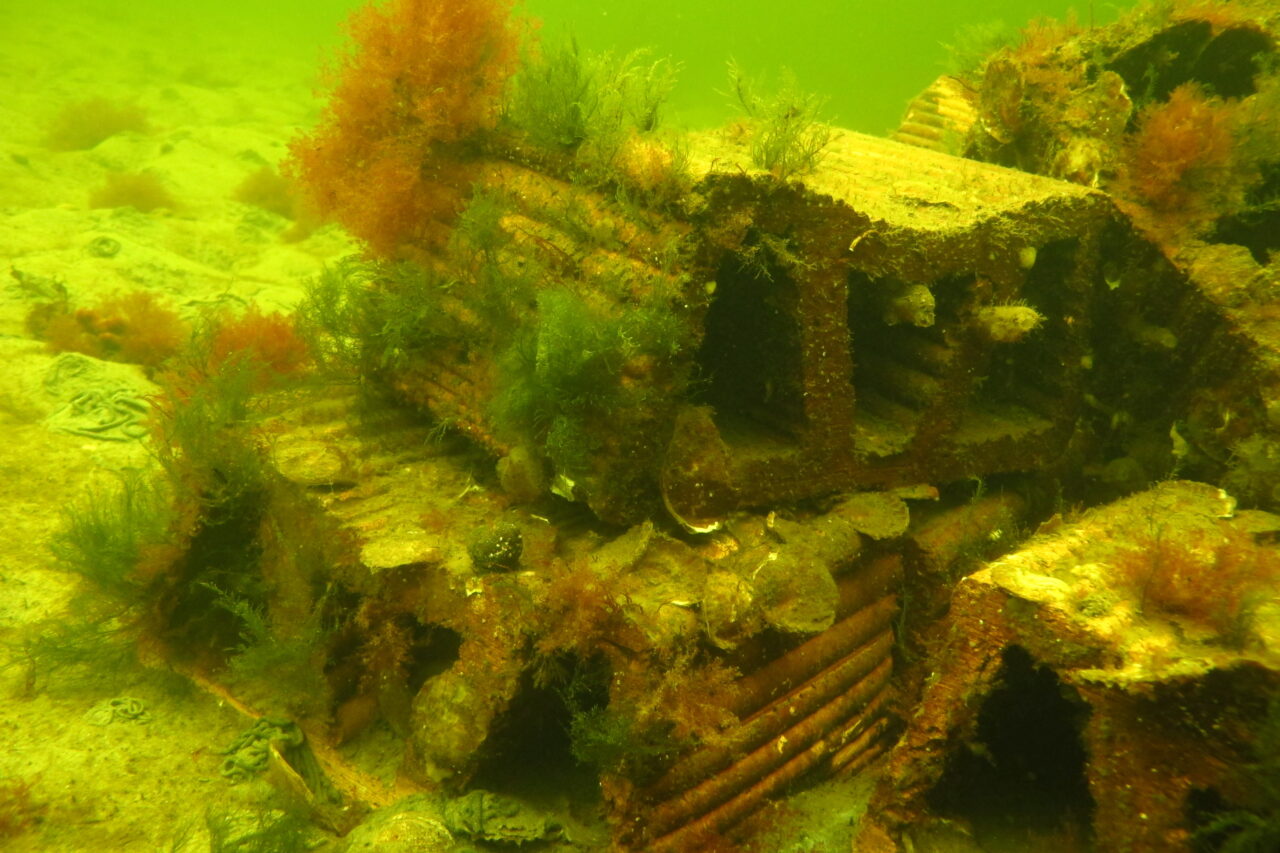The investment, underpinned by backing from West Yorkshire Pension Fund, will help Oyster Heaven provide environmental benefits by restoring lost oyster habitats.

Rebalance Earth, the UK-based investor seeking to develop nature as an asset class, has made the first investment from its debut fund in Oyster Heaven, a Rotterdam-based company using artificial reefs to repopulate European waters with oyster beds.
Rebalance Earth has also taken a minority stake in Oyster Heaven and the investment firm’s CEO, Rob Gardner, is taking a seat on Oyster Heaven’s board.
Oyster Heaven’s first ocean-based project off the UK involves the creation of a reef using 40,000 clay bricks, known as spats, capable of providing a home to 4 million oysters in shallow water off the coast of Norfolk in eastern England. The work is being carried out this year and next summer.
The investment is the first in Rebalance Earth’s nature-focused infrastructure fund, to which it hopes to attract a total of some £150m (€173m) over coming months, mainly from UK local government pension schemes, as well as foundations and family offices. West Yorkshire Pension Fund took a 25% stake in Rebalance Earth in 2024 and announced in June it was making a £25m cornerstone investment in the new fund.
The fund is intended to provide impact investors with returns on water-related nature investments such as oyster reef restoration, peatland and river restoration and regeneration of marine kelp and seagrass forests. Income will be generated by developing ecosystem services where a company or other organisation is prepared to pay for positive outcomes, or via other mechanisms such as generating carbon credits. Rebalance Earth is targeting a 10% internal rate of return for investors over the course of the 15-year fund.
Gardner told Impact Investor the Oyster Heaven investment typified what the fund wanted to achieve.

“Our investment beliefs are framed by our funding for Oyster Heaven and oyster reefs, which show where we want to go in making nature into an asset class,” he said.
He said that, while Oyster Heaven had previously had government support and a commitment fee from a corporate offtaker, this was Europe’s first oyster reef restoration project funded by private investment.
Environmental benefits
The marine environment has suffered as a result of the decimation of North Sea oyster beds over the last century due to overfishing, pollution and other human impacts. As many as 95% of the UK’s oyster reefs may have disappeared since the 19th century, according to some academic studies.
Oyster reefs help boost biodiversity and fish numbers by providing a home for marine life, and they also reduce marine pollution – just one oyster is estimated to have the capacity to clean 200 litres of water a day. Oyster beds are also good at dampening wave energy around coasts, which helps reduce coastal erosion.
George Birch, Oyster Heaven’s founder, said businesses and societies were starting to value nature properly and were prepared to pay for it. “We are realising that, just like we shouldn’t value smartphones based on the scrap metal they are made from, we shouldn’t value oysters by their protein.”
The firm’s first large-scale project in the UK will “demonstrate the value these brave organic machines can bring to our coastlines and show that there is a real business model behind investing in nature,” he added.
The creation of a 4 million-oyster reef would dwarf existing reef restorations in European waters – the largest of which is home to around 30,000 oysters.
However, the project is still too small to have a profound positive environmental impact, so the hope is that it will provide a proof of concept that will enable Oyster Heaven to scale up its business model to create artificial reefs housing 100 million oysters on the way to a lofty target of bringing back one billion oysters to the UK coastline, while also generating returns for investors.
Gardner envisages building towards these targets via a series of similar projects with one or more buyers paying for ecosystem services.
“They might be water utilities, government or local authorities, or other firms for whom the North Sea fish supply chain is important,” he said
Corporate backing
Separately, Swiss multinational Nestle’s Purina pet food business said it was supporting Oyster Heaven as part of its Ocean Restoration Programme, launched last year to advance regeneration of ocean and soil ecosystems in its fish supply chains. The company uses fish extensively in products such as cat food.
Purina is also working with Oyster Heaven on developing another site in Veerse Meer, the Netherlands. Financial details of Purina’s support for Oyster Heaven were not disclosed.
“As marine biodiversity faces significant challenges, it is essential we come together for collective restoration efforts. We urge other companies and organisations to work together on collaborative solutions for the benefit of ocean health,” Kerstin Schmeiduch, director of sustainability at Purina Europe, said.
Beyond the Oyster Heaven investment, Gardner said Rebalance Earth also had three to five deals in the pipeline involving land-based nature investments, such as a wetland restoration project in Yorkshire, northern England, which will generate some of its income via carbon and biodiversity credits.
The investment firm has also collaborated on pilot schemes to promote nature-based solutions, including a partnership with the city of Plymouth on the south coast of England to restore wetlands above the urban centre to reduce the danger of serious flooding from local rivers.






